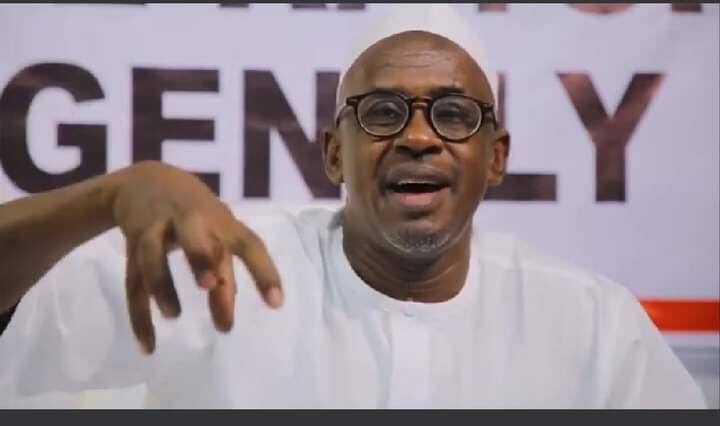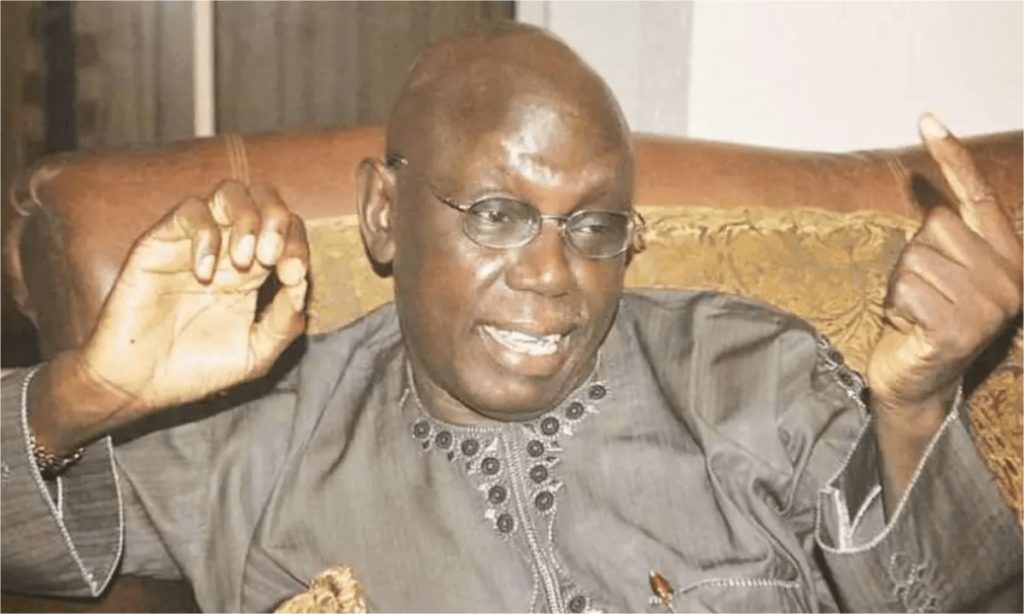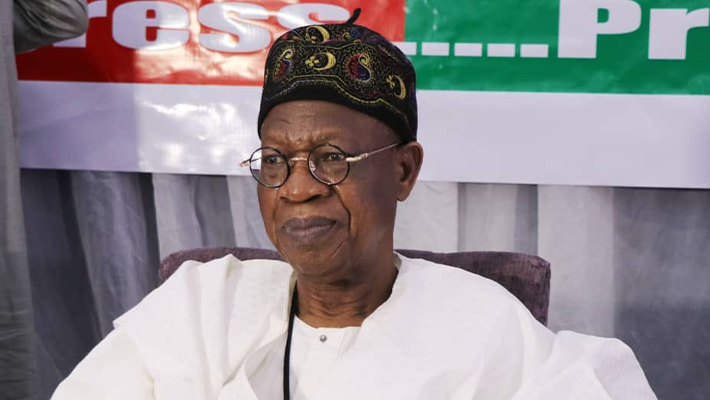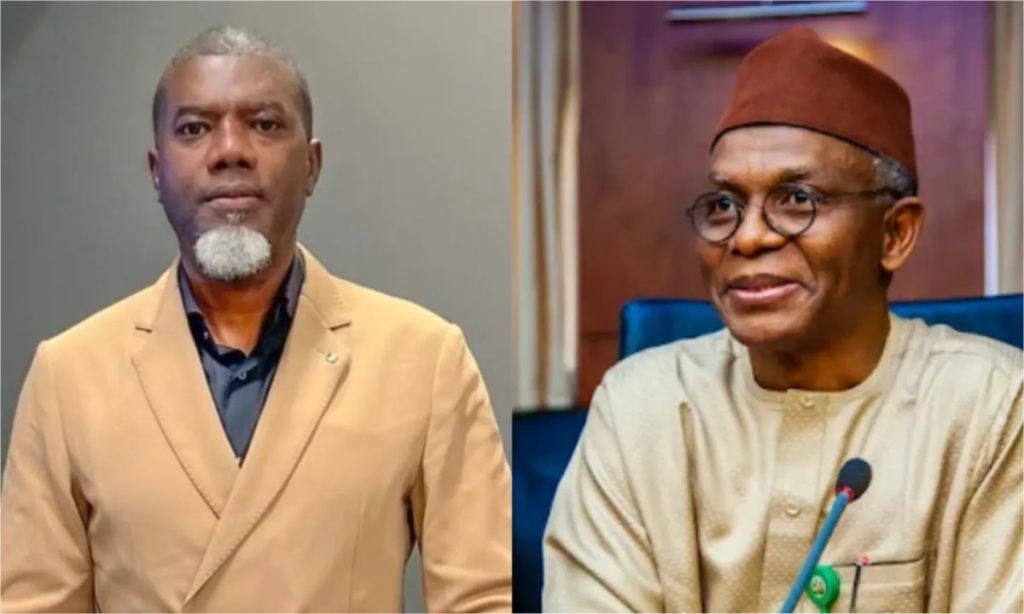Ngozi Okonjo-Iweala, Director General of the World Trade Organization and former Nigerian finance minister, has outlined two critical priorities for President Bola Tinubu to bolster Nigeria’s economy: accelerating growth and establishing social safety nets to mitigate the impact of recent reforms. Speaking to journalists after a Thursday meeting with Tinubu at Abuja’s Aso Villa, she acknowledged the administration’s progress in stabilizing the economy but emphasized the need for further action.
Known for her pragmatic economic expertise, Okonjo-Iweala praised reforms implemented over the past two years, such as fuel subsidy removals and foreign exchange adjustments, which aimed to address fiscal imbalances. “He has to be given the credit for stabilizing the economy,” she said, calling the policies “steps in the right direction.” However, she stressed that sustaining recovery now hinges on expanding economic output and directly addressing public hardships.
“What is needed next is growth. We have to grow the economy,” she stated, underscoring the urgency of job creation and investments in sectors like agriculture and manufacturing. Equally critical, she noted, is the creation of targeted social programs to shield vulnerable populations from austerity measures. “We need to put up a social safety net for those feeling the pinch of the reforms,” she added, pointing to strategies for boosting household incomes.
The discussion with Tinubu reportedly focused on practical measures to achieve these goals. Okonjo-Iweala highlighted the link between macroeconomic stability and public welfare, framing economic expansion as a means to “put more money in people’s pockets.” Her dual focus reflects broader concerns about inflation, which remains above 30%, and rising living costs despite recent policy wins like a strengthened naira.
As Nigeria navigates its most significant reforms in decades, Okonjo-Iweala’s advice aligns with calls from international bodies for African nations to balance structural adjustments with social protection. Her prominence as a global economic leader lends weight to the recommendations, which could influence both domestic policymaking and investor sentiment. For Tinubu’s administration, the challenge lies in translating stabilization gains into inclusive growth—a task that will shape Nigeria’s economic trajectory in a period of regional uncertainty and global financial pressures.



